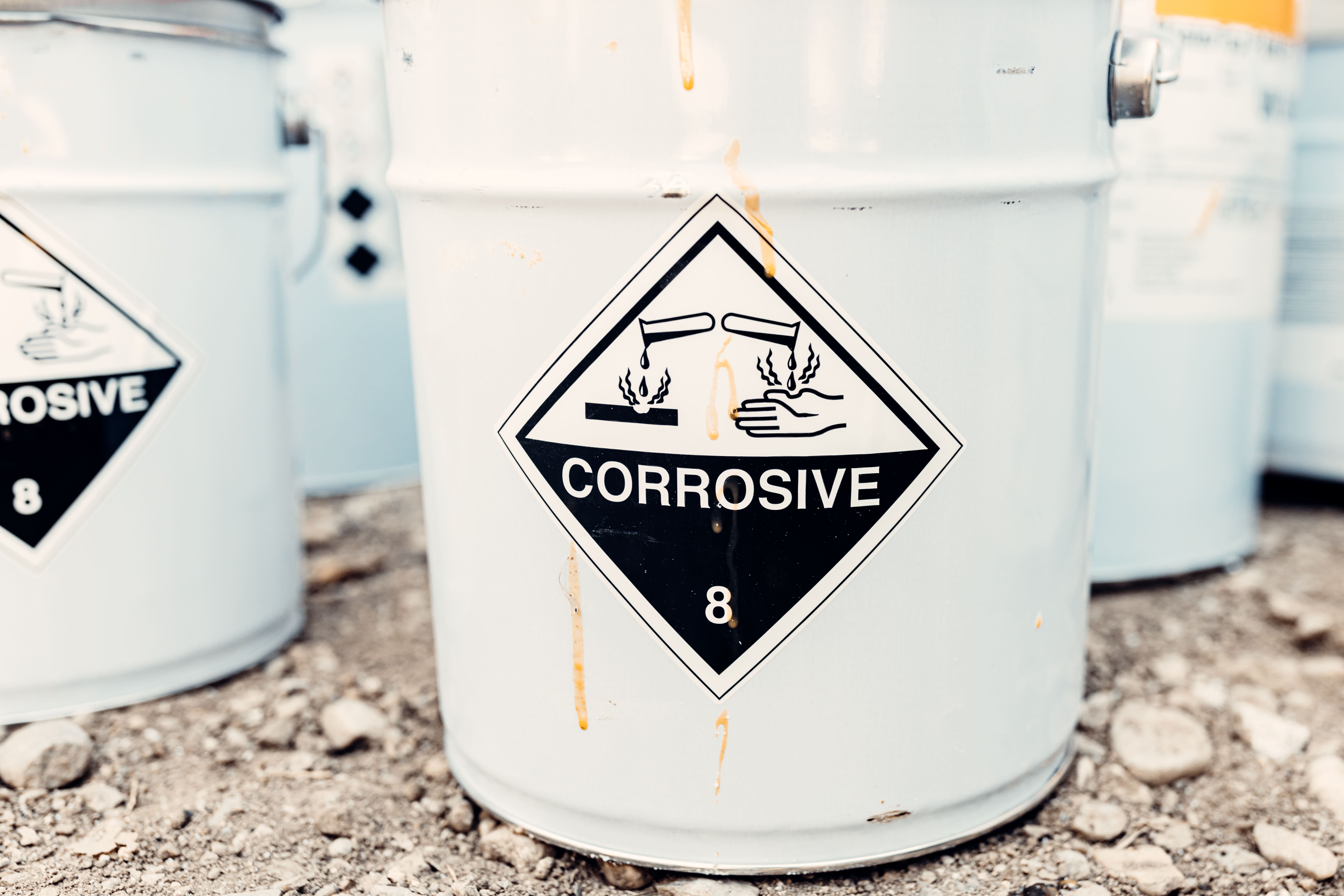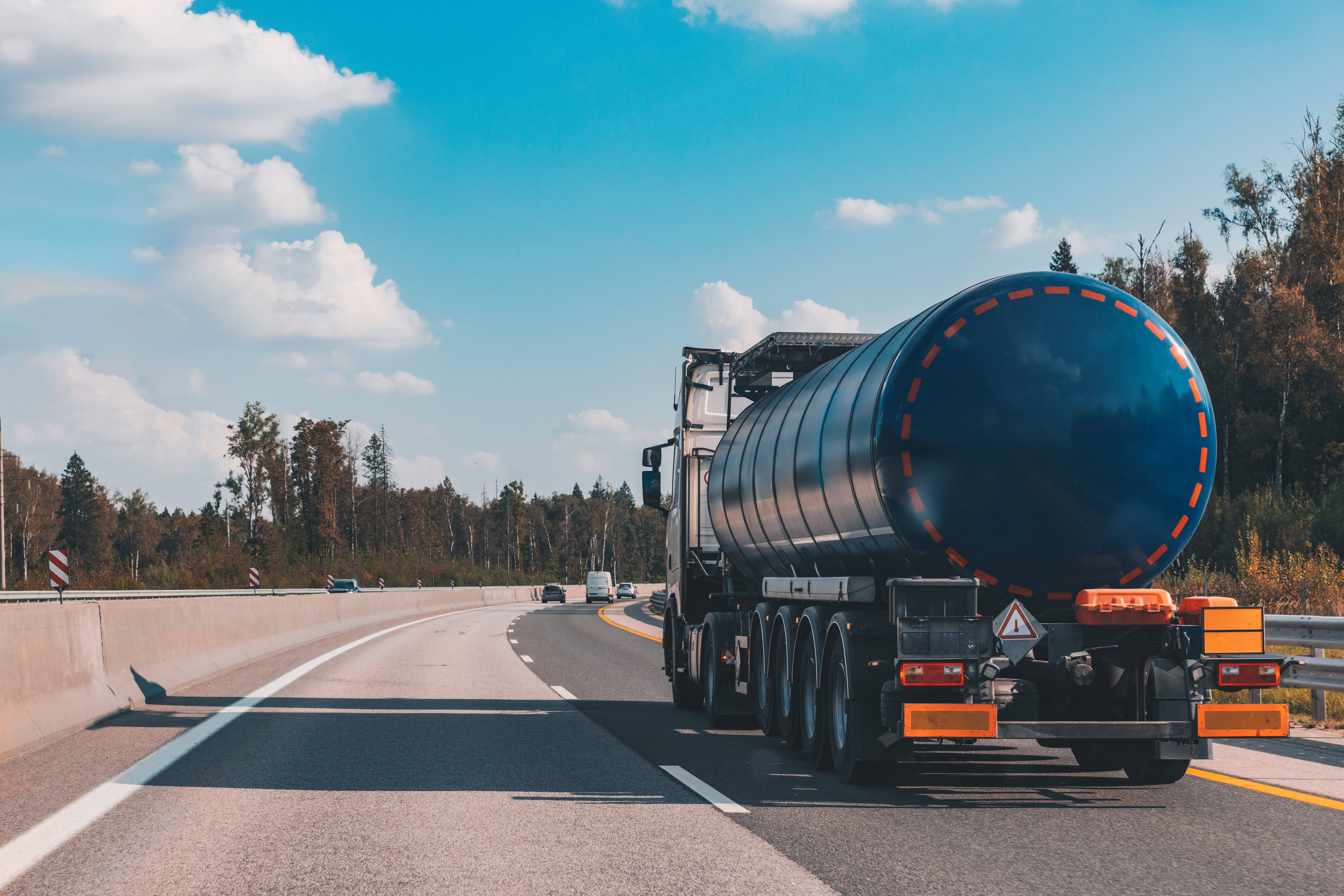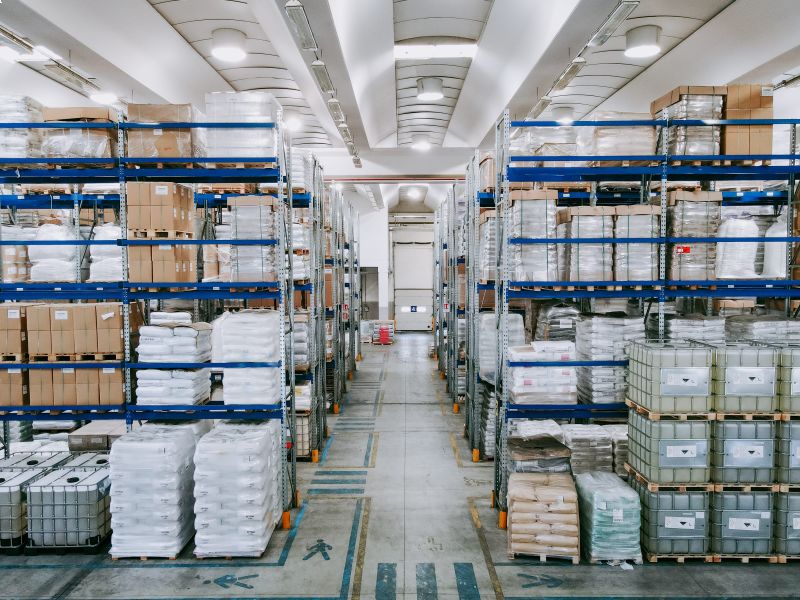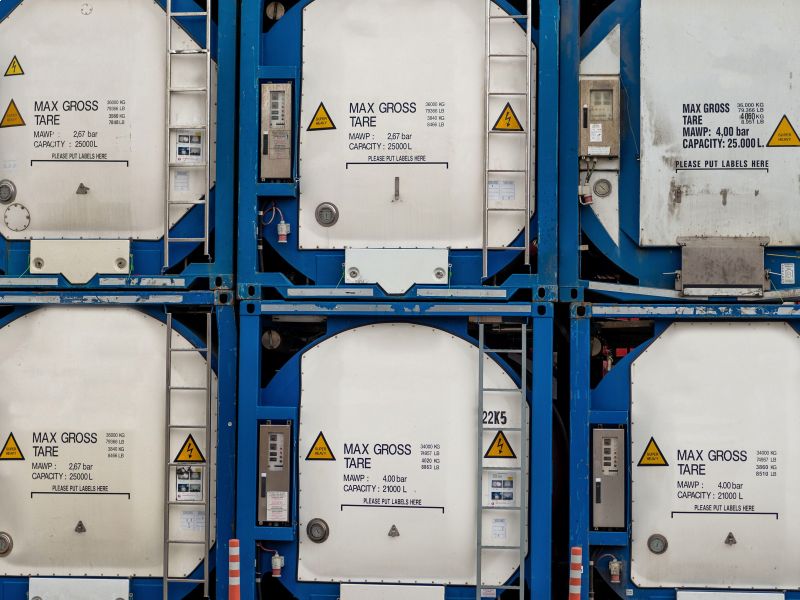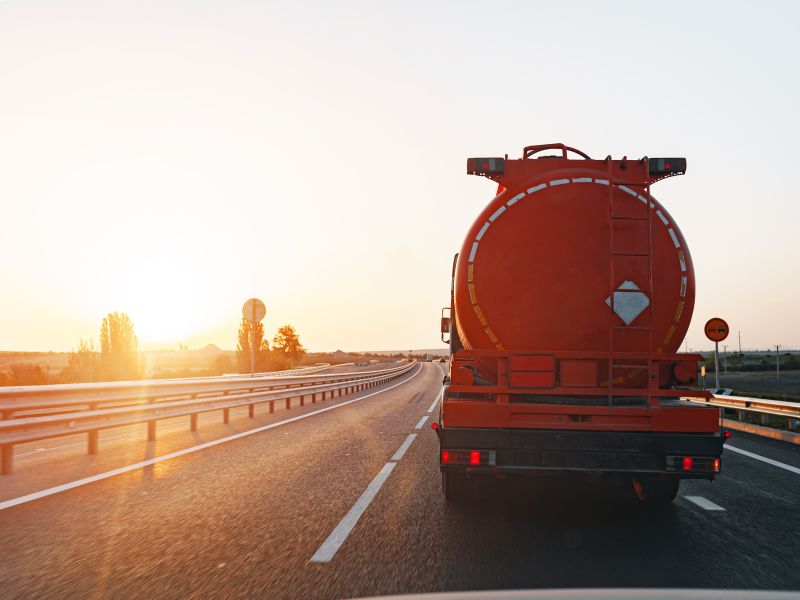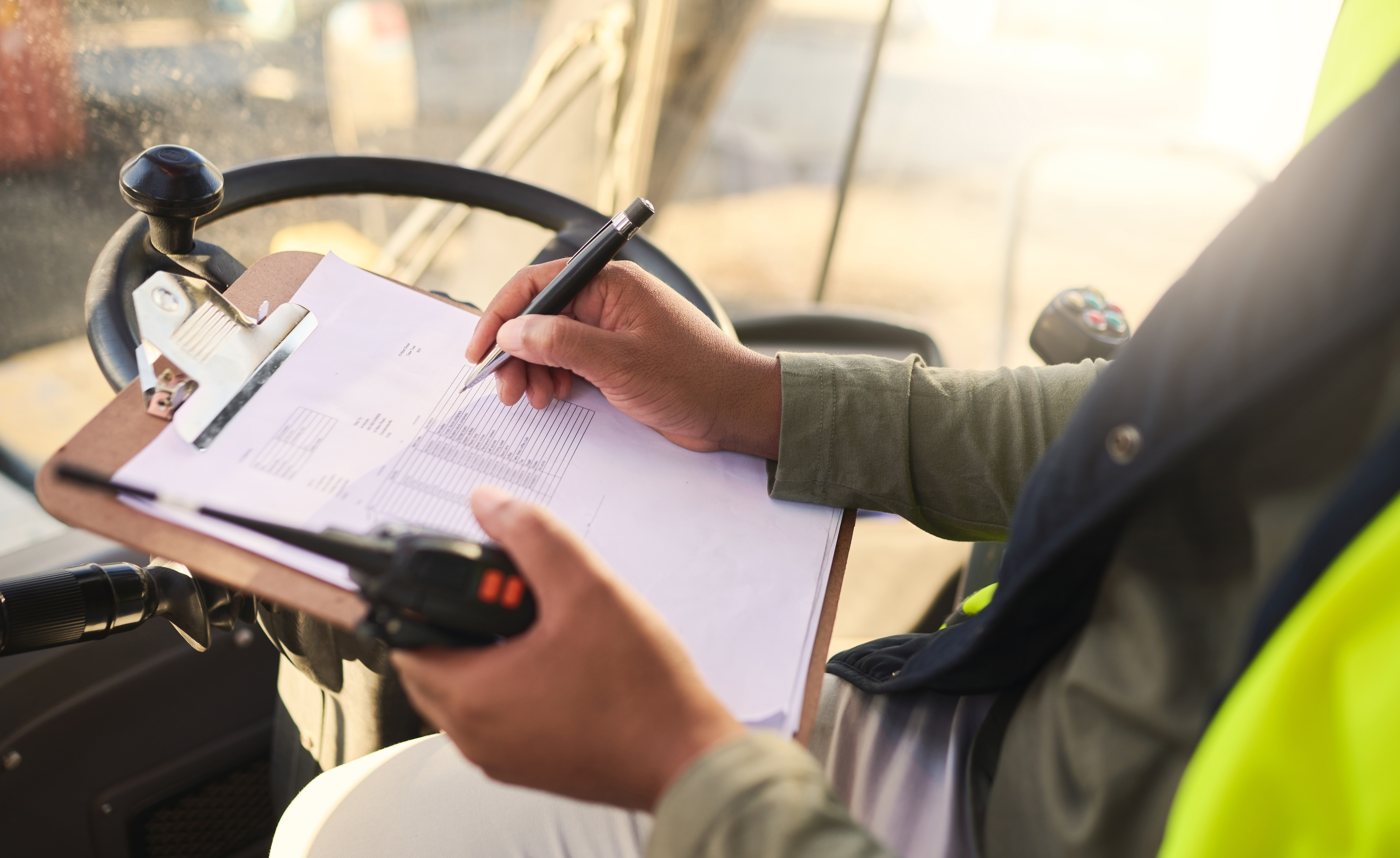Shipping Dangerous Goods: what you need to know to do it safely (and without risks).
Shipping dangerous goods is not a simple transport task—it requires expertise, attention to detail, and strict compliance with international regulations such as ADR.
Any mistake in handling, choosing the wrong partner, or during the transport itself can create risks for people, the environment, and the safety of the load, as well as lead to severe legal penalties.
In this article, we’ll explain when goods are classified as dangerous, the difference between general carriers and specialized operators, and how to choose the right partner for your dangerous goods shipment.
When goods are classified as “dangerous” and why extra care is needed
A product is classified as dangerous when, due to its chemical or physical nature, it can cause harm to people, animals, the environment, or property during transport.
The main categories include:
- flammable or explosive substances,
- toxic or harmful substances,
- compressed or liquefied gases,
- corrosive or reactive products,
- radioactive or infectious materials.
Handling these goods requires strict compliance with ADR rules, proper labeling, certified packaging, and trained personnel. Route planning and the use of suitable vehicles are also critical to ensuring safe ADR transport of dangerous goods.
General carriers vs. specialized operators: which one to choose?
There are two main approaches to shipping dangerous goods:
- General carriers: managed by traditional logistics operators without specific expertise in hazardous goods. They may be more cost-effective but do not always guarantee compliance and safety.
- Specialized carriers: ADR-certified operators with equipped vehicles, strict documentation procedures, and structured risk management. Their priority is safety, compliance, and minimizing risks.
Choosing a specialized dangerous goods carrier is essential to avoid accidents, fines, or legal liabilities—especially when shipping chemical, flammable, or toxic products.
How to choose the right partner for dangerous goods shipping
When selecting a logistics partner for dangerous goods, consider the following factors:
- Certifications and training: ensure the transporter and staff are ADR-certified and regularly updated on current regulations.
- Vehicles and equipment: trucks must be suitable and fitted with specific safety devices for different categories of goods.
- Document management: the carrier should ensure proper completion and retention of ADR documentation and safety data sheets.
- Experience and reliability: a partner with a solid track record in the chemical and industrial sectors can handle complex shipments, reducing risks and delays.
Relying on a specialized partner allows you to delegate all stages of transport—from collection to final delivery—with maximum safety and transparency.
Why choose Corsini Logistica & Trasporti
Corsini Logistica & Trasporti has years of expertise in shipping and transporting dangerous goods, with a strong focus on safety, ADR training, and full documentation management.
By choosing Corsini, you can rely on:
- fully ADR-compliant shipments,
- regularly trained and updated staff,
- equipped and certified vehicles for dangerous goods transport,
- complete document management,
- dedicated support for every type of chemical or industrial product.
Contact us today for tailored advice or to request a customized quote for your dangerous goods shipments.
News.
STAY UP TO DATE ON HAZARDOUS GOODS AND THE CHEMICAL SECTOR
The world of hazardous goods transportation is constantly evolving, as are the regulations affecting the shipment and logistics of hazardous substances and chemicals. Stay up-to-date with our industry articles.

 Registered office: Viale Etiopia, 5 - 20146 Milano (MI)
Registered office: Viale Etiopia, 5 - 20146 Milano (MI)






